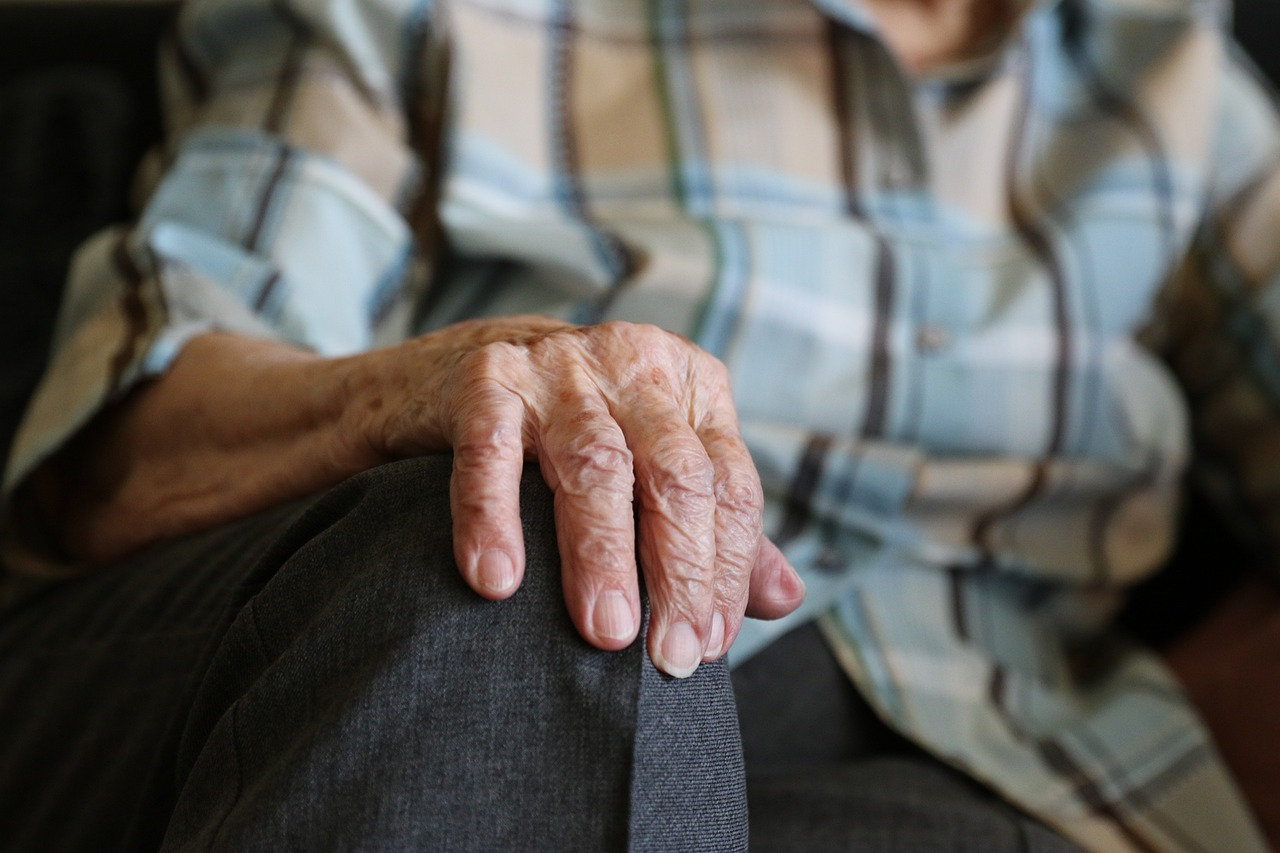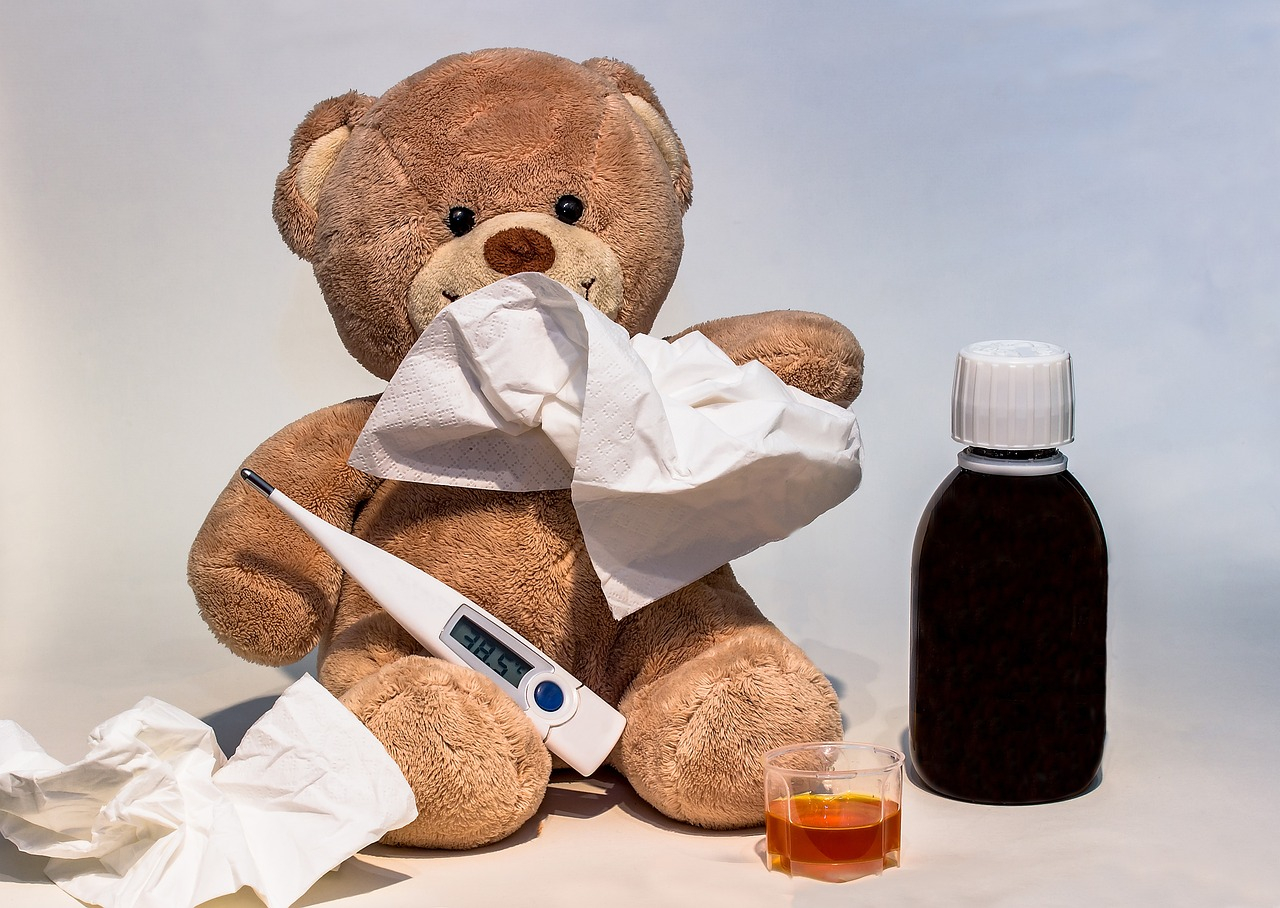Salmonella contamination leads to cucumber recall in Canada and the U.S.
A recall has been issued for fresh cucumbers distributed across Canada and the U.S. after potential salmonella contamination was detected. The affected products, linked to illnesses in several regions, were sold over a six-week period and pose a significant health risk to consumers. Authorities are investigating the source of the outbreak and have issued warnings to avoid using the implicated produce.
Kristin Pardy’s fight for mental health care in rural Canada
Access to mental health care in rural Canada remains a significant challenge. Kristin Pardy, a resident of Cartwright in Labrador, faced numerous barriers in seeking treatment for bulimia and other mental health conditions. Her story illustrates the systemic gaps affecting individuals in remote areas.
Table of Contents:
New insights into factors influencing brain aging and cognitive health
Recent studies have provided new data on how lifestyle factors can impact brain aging. Physical activity, avoiding tobacco, bilingualism, and even playing musical instruments are linked with slower cognitive decline. This research, based on long-term studies, may offer valuable insights for those aiming to maintain cognitive health as they age.
Table of Contents:
The Health Revolution - How Kangen Water is Shaping the Future of Hydration
Enagic Inc., a health and wellness industry pioneer, has redefined hydration with its Kangen Water products. Established with a mission to transform lives through improved wellness, Enagic has steadily grown its reputation. The company’s core product, Kangen Water, has introduced a fresh approach to hydration that aligns with growth. As the health-conscious movement worldwide explores the benefits of alternative health practices, Kangen Water has risen as a trusted solution among consumers seeking a balanced lifestyle in terms of wellness and sustainability.
Rising cases of severe walking pneumonia in children spark concern
Children's hospitals across North America are observing a significant increase in severe cases of walking pneumonia. Previously seen mostly in older children, this illness is now impacting younger patients, including infants and toddlers. Medical experts stress the importance of awareness as symptoms are appearing more frequently and with greater severity.
Table of contents:






 Acne is one of the most common skin concerns, affecting people of all ages.
Acne is one of the most common skin concerns, affecting people of all ages.
 Six teams from around the world converged in Taipei on December 10, 2025, for the global finals of the “Go
Six teams from around the world converged in Taipei on December 10, 2025, for the global finals of the “Go The MedsCheck program in Ontario has entered a period of intense scrutiny as newly released financial records and survey findings
The MedsCheck program in Ontario has entered a period of intense scrutiny as newly released financial records and survey findings

